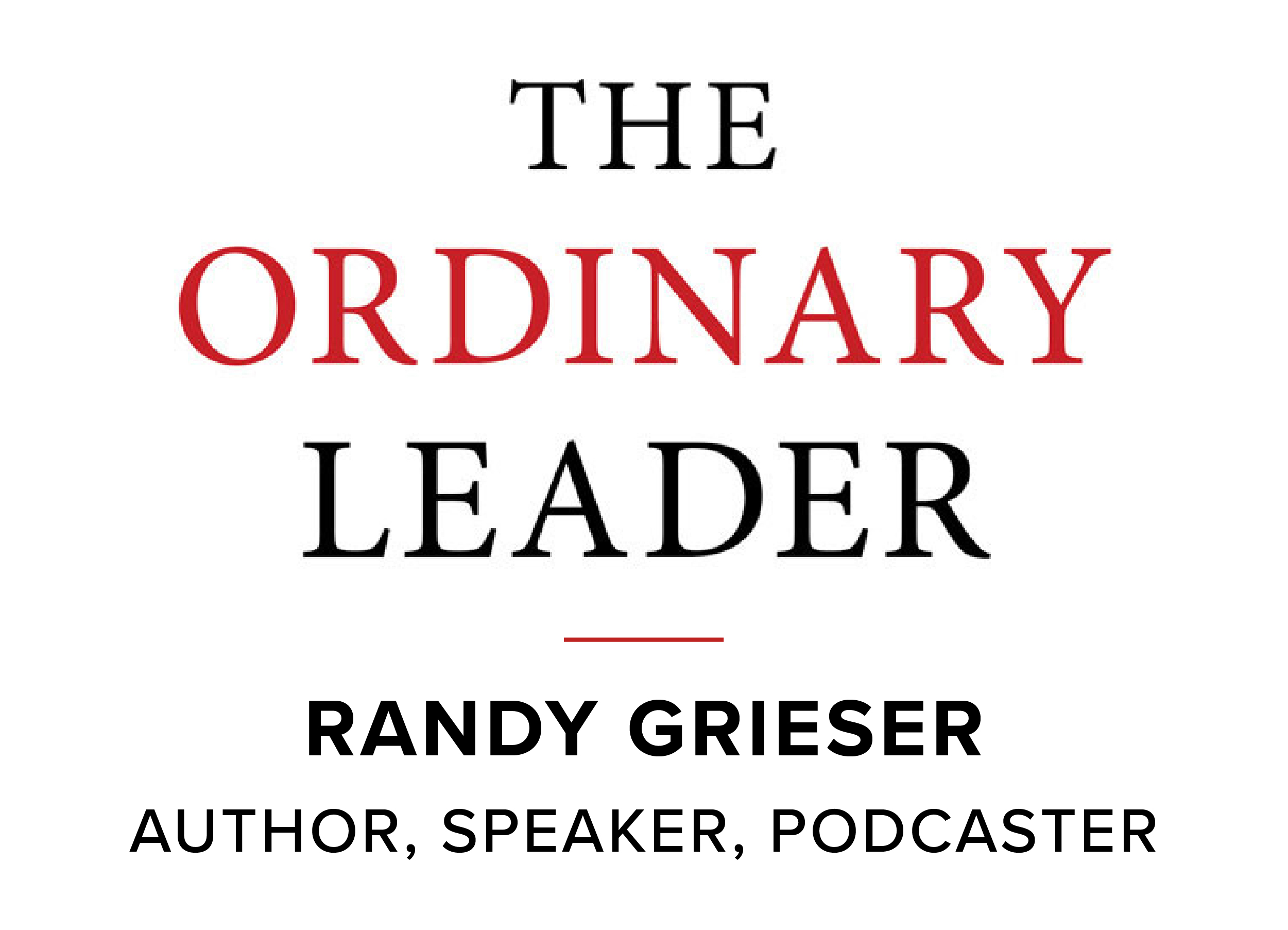While I only cook about once a week, sometimes I like to try making something new beyond my go-to meals of spaghetti and hamburgers. By no means am I a chef, but I do have some cooking instincts. And given that I’m not very patient, I don’t have the desire to read long and convoluted recipes, and I definitely don’t have the patience to watch a video of someone teaching me how to cook. As a result of my limited culinary knowledge and my lack of desire to learn more before trying a new meal idea, my new dishes don’t always turn out that great.
I used to approach my development as a leader in the same way I do my cooking. Early on in our organization’s existence, I wasn’t intentional about developing my leadership skills. I did have some instincts and natural aptitudes that made things easier, but due to the demands of leadership, that wasn’t enough, and I would sometimes flounder.
After one too many missteps in my leadership role, I realized that I actually had to work at becoming an effective leader. I needed to become more aware of the areas in which I needed to grow and more intentional about reading, thinking, and talking about leadership with others. The natural result of this focus and attention on my development was that I became a better leader.
Like cooking or any skill, we can’t get better at leading if we don’t learn, practice, and give focused attention to our development.
Like cooking or any skill, we can’t get better at leading if we don’t learn, practice, and give focused attention to our development. And like any skill, it takes more than attending one workshop or reading a book to improve. Leadership development is a lifelong journey that never ends. In this last year, I have faced challenges and made mistakes that I haven’t made previously, and I’m sure the same will be true for the years ahead. As a result, I have to stay focused on my ongoing development to continue to be an effective leader.
Below I highlight six different ways I practice leadership development. Expect that some will feel more natural and comfortable to you than others, while others may be new to you. While I believe that using multiple methods to learn and grow is more valuable than just focusing on one, when it comes to leadership development the key is to be persistent and consistent with what ever methods you choose.
Training
Learning from others who have dedicated time and energy to a specific topic is a great way to learn. A good trainer will distill critical information in an understandable and digestible way. While training may happen in a self-paced online format, I believe that engaging with a presenter and other workshop participants in live sessions adds valuable depth to the learning experience.
Taking time to think
Carving time out of your schedule to think allows us the space to ponder the big-picture questions of leadership. Thinking happens best when we slow down and are not in a rush to move on to something else. It requires us to focus on something for long enough to develop an original and meaningful idea about it. And this can be hard to find without being intentional about setting time aside just to think.
Reading
A common theme among effective leaders is that they read. They read the news, their industry’s articles, and how-to leadership books. They read to be informed and to improve themselves – not just to increase their knowledge. And of course, most books are available as audiobooks, so you can still “read” by listening. One way to enhance reading as a tool for leadership development is to read the same book with your peers and meet to discuss it.
Podcasts
The number of leadership podcasts in existence is remarkedly high and growing. One of the values of podcasts is their ability to generate commentary on current events leaders are facing. One reason I like podcasts is that it is that they allow me to multitask. I can listen to a podcast in the car, at the gym, and when walking to work. Interestingly, however, I have found that I do tend to run slower if I listen to a podcast than more upbeat music. So while podcasts are good for my leadership development, they apparently aren’t as good for my health.
Informal conversations with peers
Having conversations with other leaders is one of the best ways to develop. Most of us are surrounded by other leaders in our workplaces, so use these connections and grab a coffee or meet for lunch to talk about the latest leadership book you read. Peers are a great resource to tap into for exploring ways of addressing leadership challenges as well as opportunities.
Formal conversations with peers
Intentional, focused conversations with peers are one of my favourite ways to develop as a leader. One of the best approaches is to have a regular (monthly, bimonthly, quarterly) gathering of leadership peers where you consider the following questions:
- What is the biggest relational challenge you are currently dealing with, and what have you done about it thus far?
- What is the biggest operational challenge you are currently dealing with, and what have you done about it thus far?
Each leader should take a turn answering one or both of the questions. Those listening should then ask clarifying questions and only provide advice once the person has answered their questions and said what was on their mind. It’s important to expect that not every leader will have both a pressing relational and operational challenge to explore, this is to be expected.
This is an exercise we do several times a year with our own leadership team. I prefer that when we come together for this purpose that these two questions are the only agenda. This allows us to deeply consider issues and develop plans for addressing the big challenges some of us are navigating.
Leadership development is a journey that takes time and requires work. We don’t “get there” – we don’t arrive at a place when we are “finished” developing as a leader. It takes time, but it does occur more quickly and easily when you are focused and have a plan for your own development.
For more FREE RESOURCES on this topic and others, visit our free resources page.
Randy Grieser, Author & Speaker
To be notified about a new blog post, subscribe to Randy’s newsletter, and follow him on LinkedIn, Facebook, and Twitter.
© Randy Grieser
Content of this blog may be used, provided that full and clear credit is given to Randy Grieser.





